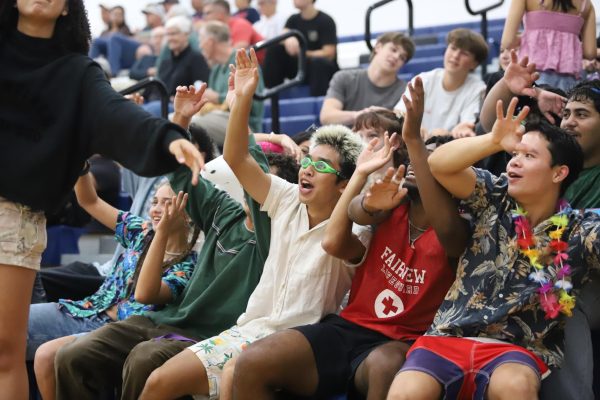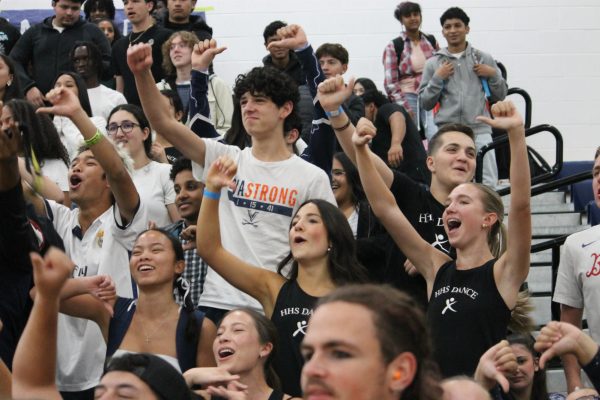Blog: “Nanageddon”
January 14, 2014
When my grandmother started verbally assaulting the mild-mannered clerk at a store in the Dayton Farmer’s Market, I knew it was time to momentarily disassociate myself from my family. Ducking behind a shelf of lacy china dolls, I watched as Nana went off on a rampage after being asked to sign the receipt before being handed her credit card. I inwardly cringed as I recognized the overly aggressive style of confrontation she was beginning to turn to more and more as she aged. Arms waving, lips pursed, dyed-blonde hair astray, less than age-appropriate mini skirt snug on her hips, she delivered a few parting shots as my mother ushered her out of the store and smoothed over the situation as best she could. There’s a reason my family has started referring to her visits as “Nanageddon”.
My sister and I have both developed an extreme fear of growing old. It’s not as though we’re bereft of models for aging gracefully- my grandfather on my dad’s side (not married to my Nana) is pushing 80 and yet still bikes several miles every day and recently published a new edition of his urban planning textbook. However, the impression that Nana’s “episodes” have left on us is far greater than this positive impression of old age. To us, it’s more of a gross medicine to be taken after dinner than a sumptuous dessert.
Even though a stereotypical grandmother is usually portrayed as a “sweet, little old lady”, not a mouthy troublemaker, our society’s impression of old age isn’t altogether favorable. Rather than considering our elders wise, we seem to see them as almost childlike in the way they require extra care and have reduced capabilities. Unlike many societies throughout history, the elderly are not those in power. In fact, when John McCain was running for president in 2008, many thought that he was too old for the job. At 71, he would have been the oldest president in the history of the United States.
Our disregard for the elderly is most evident in what we do with them when they can no longer take care of themselves- ship them off to nursing homes. While nursing homes can be a great solution for some, it seems a little disheartening that what we have to look forward to at the end of life are endless rounds of tapioca pudding and bingo. Not to mention being surrounded by strangers, rather than family.
Besides the sterilized atmosphere of a nursing home, images of retirement probably pop into many a head at the mention of old age- words like “Florida” and “golf” may be applicable. However, in today’s economic climate, a lengthy retirement seems available to few. My parents will most likely be working well into their seventies. So, if we can’t even look forward to days filled with crosswords and scrapbooking, isn’t old age one long dark patch full of fractured hips and arthritis?
My grandmother has often told us that if she ever loses her mental faculties, we should take her to a state where euthanasia is legal and off her. Although we’d never do it, I feel like that point has nearly been reached. However, it’s important to remember she wasn’t ever a ray of sunshine- my mom can vouch for aggressive and narcissistic behavior she’s demonstrated for decades. In this way, old age has exacerbated her worst qualities. I need to remind myself of this when I start to worry that I’ll terrorize my grandchildren.
So maybe I’m not afraid of aging because of my grandmother. (Although someone please help me if I ever wear leggings and imitation Uggs at her age.) Maybe it’s because of the broader impression our society has of old age. If the elderly were given a revered place, as people who have made it this far in life and probably picked up a few useful bits of knowledge along the way, I don’t think I would look to being classified as a senior citizen with such dread. One day I may end up harassing a well-meaning store owner, but I’d at least like people to respect me while I do it.

















